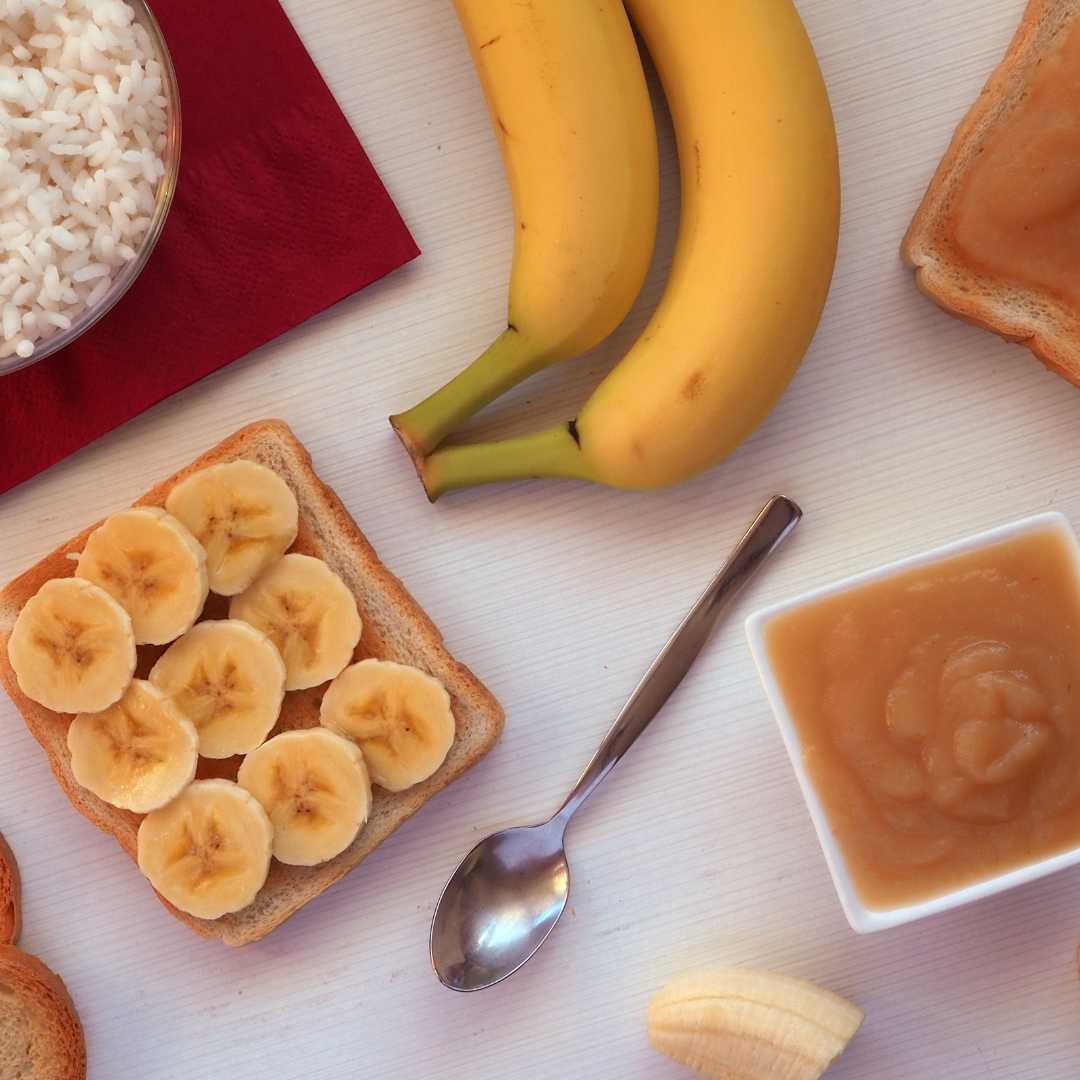
Appetite and hunger are natural, but not everyone who has a tendency to overeat knows how to control your appetite. In most cases, hunger tells us when we need additional energy and nutrients to keep our body functioning as normal. Appetite, on the other hand, helps to regulate how much food we consume to meet our nutritional needs. If you tend to eat an alarming excess of calories each day, you may need to learn how to control your appetite.
Sometimes, the sensation of hunger is not related to your need for nutrition at all, and is rather based on the desire for tastes, pleasure, or a need to reduce feelings of stress, emotional emptiness or boredom. These forms of “hedonistic hunger” can push us to eat a lot more than we really need to be eating.
Did you know that it could be in your DNA to have low appetite control? Some people are genetically predisposed to have less control over their appetite than others, which means they find it more difficult to determine when they’re full, or find it challenging to stop eating once they start. If you want to learn how to control your appetite, you may want to find out through a CircleDNA test whether or not you have a genetic likelihood of low appetite control. This will help you figure out whether or not you’ll have to work extra hard to control your appetite. This DNA test also provides you with hundreds of other reports about yourself, including information on your genetic health risks, your personality traits, nutritional needs, and more.
Furthermore, most of us aren’t as “mindful” as we should be about the act of eating, and can end up constantly overeating, which is a disordered eating behaviour.
Fortunately, there are ways to control your appetite, and your hunger more effectively.
Control Your Appetite by Building Your Diet Around Appetite Suppression
The first step in managing your hunger and appetite, is ensuring you’re eating the right foods. Some foods are more likely to keep you feeling fuller and satisfied for longer, while other foods are empty calories.
Start by adding more protein to your diet, as this helps to reduce hunger hormone levels, and increases feelings of fullness. A high-protein diet once a day could stop you from eating extra food in-between meals, or the next time you prepare a plate. One study found a high-protein breakfast reduced hunger hormones for adults throughout the rest of the day.
Notably, the appetite-suppressing nature of protein isn’t limited exclusively to animal sources such as meat and eggs. Vegetable proteins such as beans and peas are just as useful for moderating food intake. Aiming to get around 20-30% of your calorie intake form protein should reduce your desire for extra food.
It’s also worth increasing your intake of fiber. A high-fiber diet slows digestion and influences the release of hormones for regulating appetite. Fiber can also produce valuable short-chain fatty acids in the stomach, which promote feelings of fullness. Viscous fibers found in fiber-rich beans, peas, and lentils can increase fullness feelings by up to 31%.
You Might Be Mistaking Hunger for Thirst: Drink a Glass of Water Instead
When you start to feel hungry, or your appetite seems too big to handle, drink a glass of water instead. Studies indicate some people are more likely to confuse thirst with hunger, because the signals for thirst can be weaker than those for food.
There’s also significant anecdotal evidence indicating water might suppress hunger by creating a feeling of fullness. Drinking a glass of water during a meal, or before one, could help to reduce the amount you eat. One study found people who drank 2 glasses of water before a meal ate 22% less than their counterparts.
Scientists believe the impact of water on hunger has something to do with the liquid stretching the stomach, and subsequently sending fullness signals to the brain. Outside of drinking water, you could also start your meal with a broth-based soup. One study found eating a bowl of soup before a meal helped to reduce appetite and calorie intake by around 100 calories.

Eat Dense Foods More Slowly
When your hunger or appetite feels like too much for you to control, dense foods might be the way to go. One research review found solid foods with a high viscosity led to reduced feelings of hunger compared to thin or liquid foods. Eating white rice or raw vegetables may help you to feel fuller for longer. It’s particularly helpful to eat foods with a lot of complex textures.
One study found foods with more complex textures lead to people eating significantly less food during the meal. Scientists believe this has something to do with complex textures causing us to chew more thoroughly, which gives the stomach more time to send fullness signals to the brain. Softer foods are also easier to consume quickly and make it easier to overeat.
Aim to get a variety of textures and flavors into your meal to keep your hunger and appetite levels from getting out of control. While you eat, it’s also important to slow the pace of your consumption. As easy as it is to rush and eat more than you planned, studies find that people who take bigger, faster bites generally eat more calories overall.
If you’re struggling to slow your pace, try counting the number of times you chew each bite of food and giving yourself a number to aim for. Even if you’re done chewing by the time, you’re half way through counting, wait until you’re done to start the next mouthful.
Practice Mindful Eating
In typical conditions, your brain helps your body to understand when you’re full, or hungry. However, eating quickly when you’re distracted, such as when you’re rushing through a dinner at work, or when you’re on your phone, makes it harder to recognize critical signals.
Practicing a habit of mindful eating is one of the best ways to solve this problem. Turn off all distractions around you when you eat and focus on experiencing the food. Mindful eating is a way of getting to know your hunger and satiety cues better and allowing them to guide your intake.
Research indicates that mindfulness during meals can help to reduce mood-related cravings, making it particularly useful for people who are susceptible to emotional, reward-driven, or impulsive eating habits. Every time you eat something, try to focus on the act of eating, asking questions such as:
- Do I enjoy this food?
- What am I tasting?
- What am I feeling?
- What kind of textures are in this food?
- Am I still hungry?
Learn how to Control Eating While Watching TV
For people who have appetite or hunger control issues, figuring out how to avoid eating when you’re sitting in front of a television screen can be particularly difficult. Because you’re actively not paying attention to your food when you’re in front of a computer or TV screen, you’ll be less aware of what you’re putting into your mouth.
It’s also worth noting a lot of television shows are designed to make us crave certain foods, which is why it’s so common to feel like snacking when you’re watching a show. In genetical, it’s difficult to control your appetite when you’re mindlessly eating without paying attention during a Netflix binge session.
One of the best ways to avoid eating while you watch something, is to keep your hands busy. Take up an activity you can perform while watching television, such as needlework, nail decorating, colouring books, or shuffling cards. Alternatively, you could try working out while you watch TV, or doodling on a piece of paper.
Keeping your hands busy and removing food from the general vicinity when you’re watching something will stop you from mindlessly eating just because you can. You’ll have to actively make the decision to stop doing whatever you’re doing with your hands to eat.
Practice Portion Control
If your main issue with your relationship with food is you can’t always tell how much you’re supposed to eat, consider measuring your portions more carefully. Rather than just eating as much as you want, find out the recommended amount of each ingredient you should have on your plate, and follow those instructions.
If you find it hard to stick to your portions with the current dinnerware you have, consider switching to smaller plates and glasses. It might seem odd, but when you have food on a larger plate, you’re more likely to fill that plate, and eat more without realizing it.
Some studies even indicate eating with a smaller fork or spoon could help you to eat less by reducing your eating rate and pushing you to take smaller bites.
If you’re planning on taking a snack with you into the living room while you’re watching a movie or TV, you can also use this strategy to reduce how much you eat. Focus on setting the goal to eat only the amount you portion for yourself, and nothing more.

Try Adding Foods That are Natural Appetite Suppressing Ingredients
Certain foods added to your meals, or supplemented for your current snack choices, could help to keep your appetite under control. Ginger is linked to a range of health benefits, thanks to its anti-inflammatory and antioxidant properties. It also has a reputation for reducing hunger.
Alternatively, you could try some low-fat dairy foods. Dairy is packed with casein and whey, two proteins which are also excellent at suppressing appetite. Whey (the liquid part of milk) is particularly valuable at reducing appetite. Other options you can try eating include:
- Small amounts of fat: Getting small amounts of fat into your diet is an important part of having balanced nutrition. Studies also show lack of fat causes lack of leptin (the substance responsible for regulating appetite). With less leptin, you’re more likely to feel hungry, which is why people on low-fat diets have bigger appetites.
- Nuts: Nuts help to stimulate appetite suppression because of their high fiber and protein content. They also have a significant amount of fat, which is why it’s important to eat your nuts in small doses.
- Salad: Eating a salad with or before your meal can be an excellent way to rehydrate your body and reduce the number of calories you eat.
Make Eating Less Convenient
Often, when we eat more food than we really need to, we do so because it’s easily accessible. When you know you have snacks lying around the kitchen, it’s easy to grab them when you’re feeling bored or listless. However, the more work you need to put into eating, the less likely you are to keep snacking.
In one study, participants were given clear bowls of candy, placed in 3 separate spots around the office, including on a desk, in a desk drawer, and 6 feet from the desk.
Participants ate 9 candies per day when the bowl was on the desk, 6 when it was in the drawer, and 4 when they had to walk to the bowl.
Making yourself work harder to get a snack means you’ll be more likely to really think about whether you want the food you’re reaching for. This could mean you reduce your intake of unnecessary calories. You can even consider locking particularly fattening foods away somewhere.
Control Your Appetite: The Bottom Line
Hunger and appetite can sometimes feel like untamable monsters we have no control over. However, the reality is there are various ways you can take control of your hunger. Aside from following the tips above, it’s always helpful to know a little more about your body’s response to foods.
If stress eating or emotional eating is a big problem for you, consider a support group or a therapist that specializes in disordered eating behaviors. There are many ways you can cope with emotions without overeating, such as by going for a walk in nature, singing karaoke in your living room, or calling a friend.






